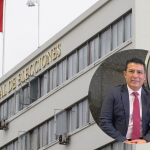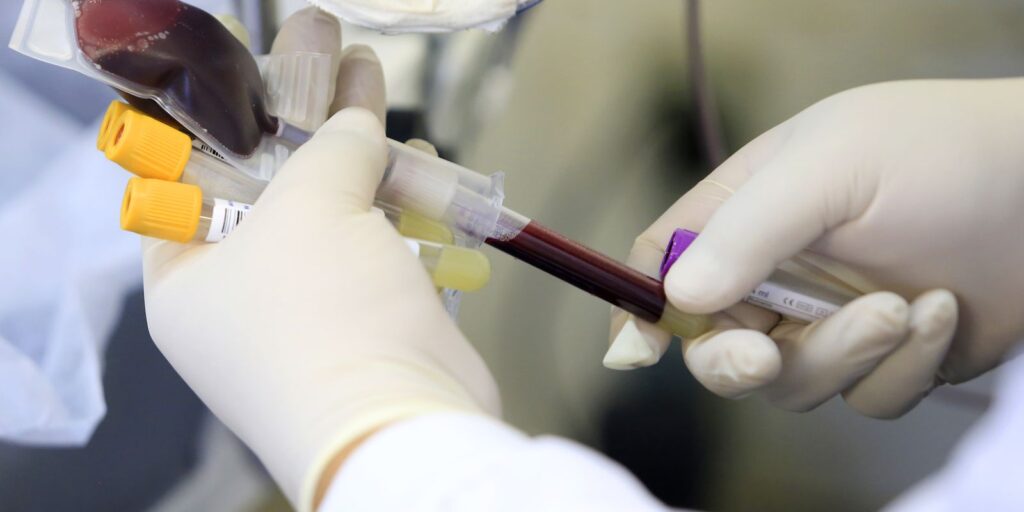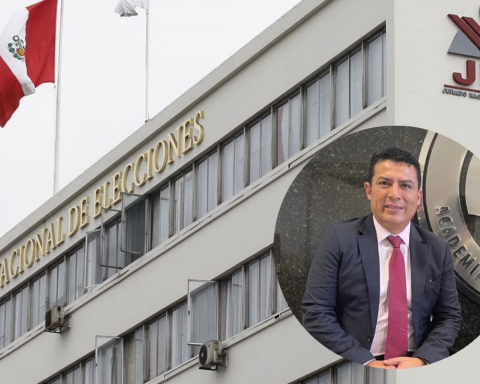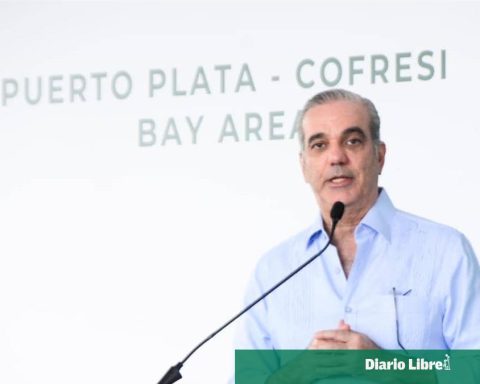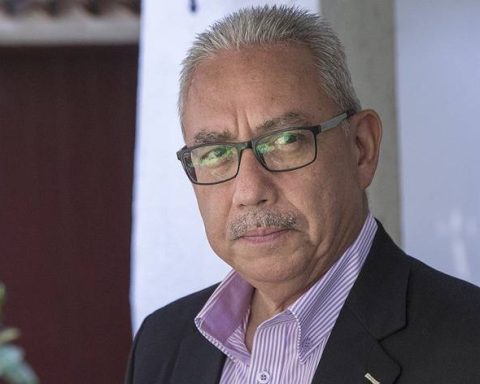Unlike what happened in the Senate, the Chamber of Deputies and Deputies rejected the substitute veto entered by the Government of President Gabriel Boric with a series of modifications to the Critical Infrastructure project, which had been dispatched last week.
As reported Thirdthe changes promoted by the Executive were not supported by the parliamentarians of the Lower House, who rejected this veto by 61 votes in favor, 69 against and 17 abstentions.
You may also be interested in:
It should be noted that the unchecking came from the legislators of the right (Chile Vamos and the Republican Party), as well as representatives of the ruling party.
Meanwhile, the votes from the left were against Pamela Jiles (PH), Emilia Nuyado (PS), Éricka Ñanco (RD), Lorena Pizarro (PC), María Candelaria Acevedo (PC), Mónica Arce (CEV) , Ana Gazmuri (PC), Félix González (CEV). The entire bench of the Christian Democracy voted in favor.
Among the abstentions were the parliamentarian Nathalie Castillo (PC), Viviana Delgado (CEV), Lorena Fries (FA), Andrés Giordano (FA), Marta González (PPD), Luis Malla (PL) and Consuelo Veloso (RD).
This vote means that there will be no Critical Infrastructure project. This, since the initial articles do not exist from the moment the substitute veto was approved in the Senate. In other words, the Chamber of Deputies was endorsing what was authorized by the Upper House.
After the rejection, the president of the Chamber of Deputies, Raúl Soto (PPD), threw his darts at the opposition for the result.
“The responsibility in this case is exclusive to Chile Vamos. It was able to effectively reach an agreement so that this could be approved and to see how from the State as a whole of the Government we see what to do regarding the State of Exception,” he pointed out.
In this sense, he said that the voting of the opposition parties is “irresponsible and reprehensible”, since “what we want is precisely the opposite, that we be able to stop taking advantage of these small political advantages and always think about the well-being of the people”.
In addition, he specified that the Executive must evaluate the steps to follow, stressing that the situation in the south cannot be left without a State of Exception.
“We will have to agree on the following mechanisms to be able to implement, certainly not ruling out that the limited State of Exception can be extended and, if it is necessary that as a Chamber of Deputies we are available, as Congress, to process next week what the Government decides is what is best for the southern zone and to guarantee security. We are going to be available, even as it is a district week, to hold sessions,” he added.
One of the parliamentarians who rejected the project was the UDI, Flor Weisse, who argued that “this project is not sufficient or clear in its application. And although it helps, it is still indebted to a large part of Chileans.”
“This comes to replace the State of Exception limited with fine print that is not what we want or need. We need the state of exception to be applied in all its capacity,” he added.
“If I were certain that this Critical Infrastructure project and the State of Exception are going to be able to complement each other and will continue to coexist with each other, because I agree that all the tools that the State has to protect us must be applied, I would be calmer, but the signs that I see are not in that sense. I will not attend to facilitate the replacement of measures that are still halfway, “he said.
After the rejection, the Minister of the Interior, Izkia Siches, regretted the result of the vote and pointed to the votes of the opposition.
“There was significant support from the government parliamentarians. In fact, the votes against, which caused this project to fall, are those of the opposition, who in the first instance had supported and raised this project. That is something that the Executive does not finish understanding”, he indicated.
“This is not a problem of content, it is a political point that does not harm the Government but the people, because it was an instrument that could be useful for the different challenges they face, not only today, but also in the future. future,” he closed.
⭕️ NOW: The Chamber rejects the presidential veto of the project that regulates a state of alert to prevent damage to critical infrastructure. Therefore, there will be no law in the matter. pic.twitter.com/ghOjvimatR
– Deputies and Deputies of Chile (@Camara_cl) July 20, 2022







